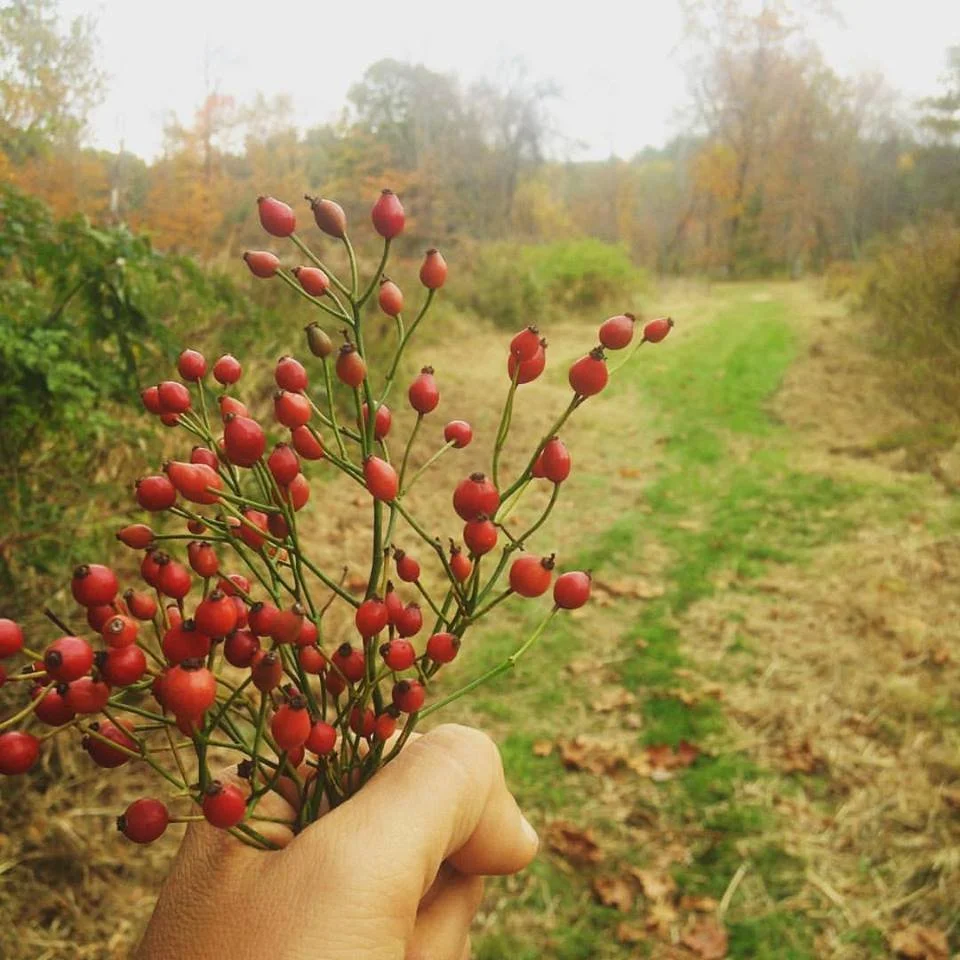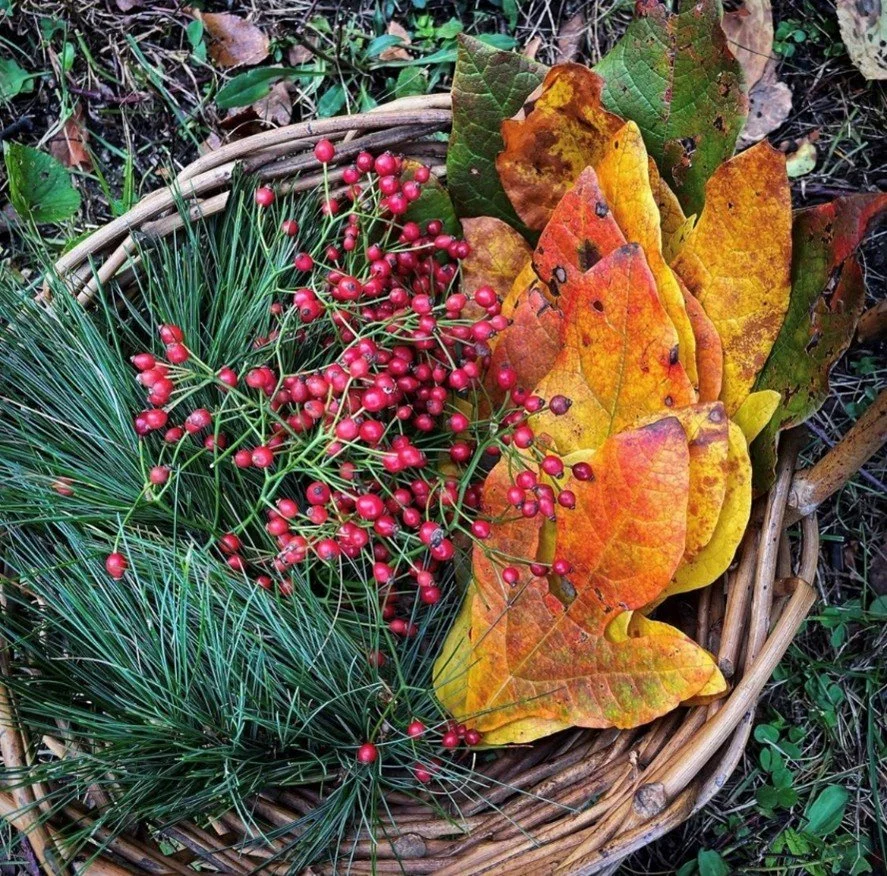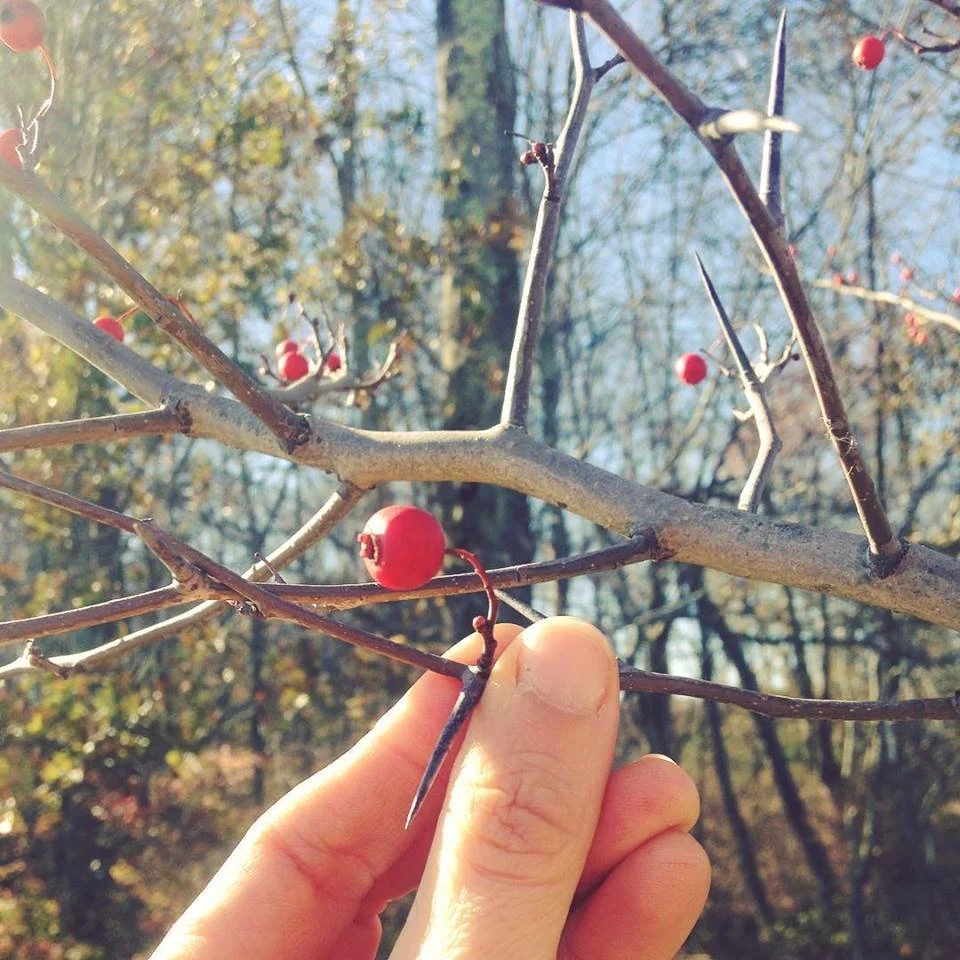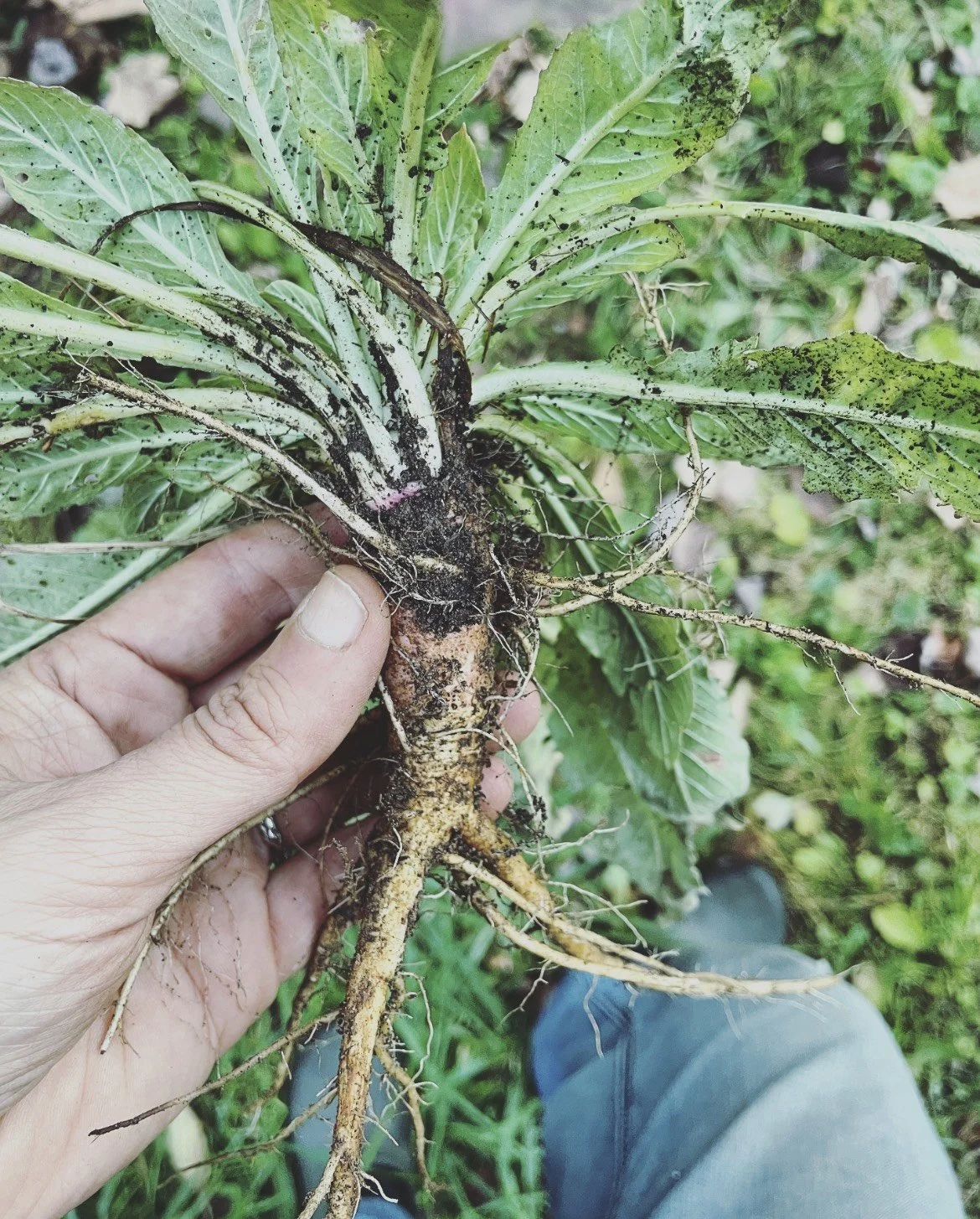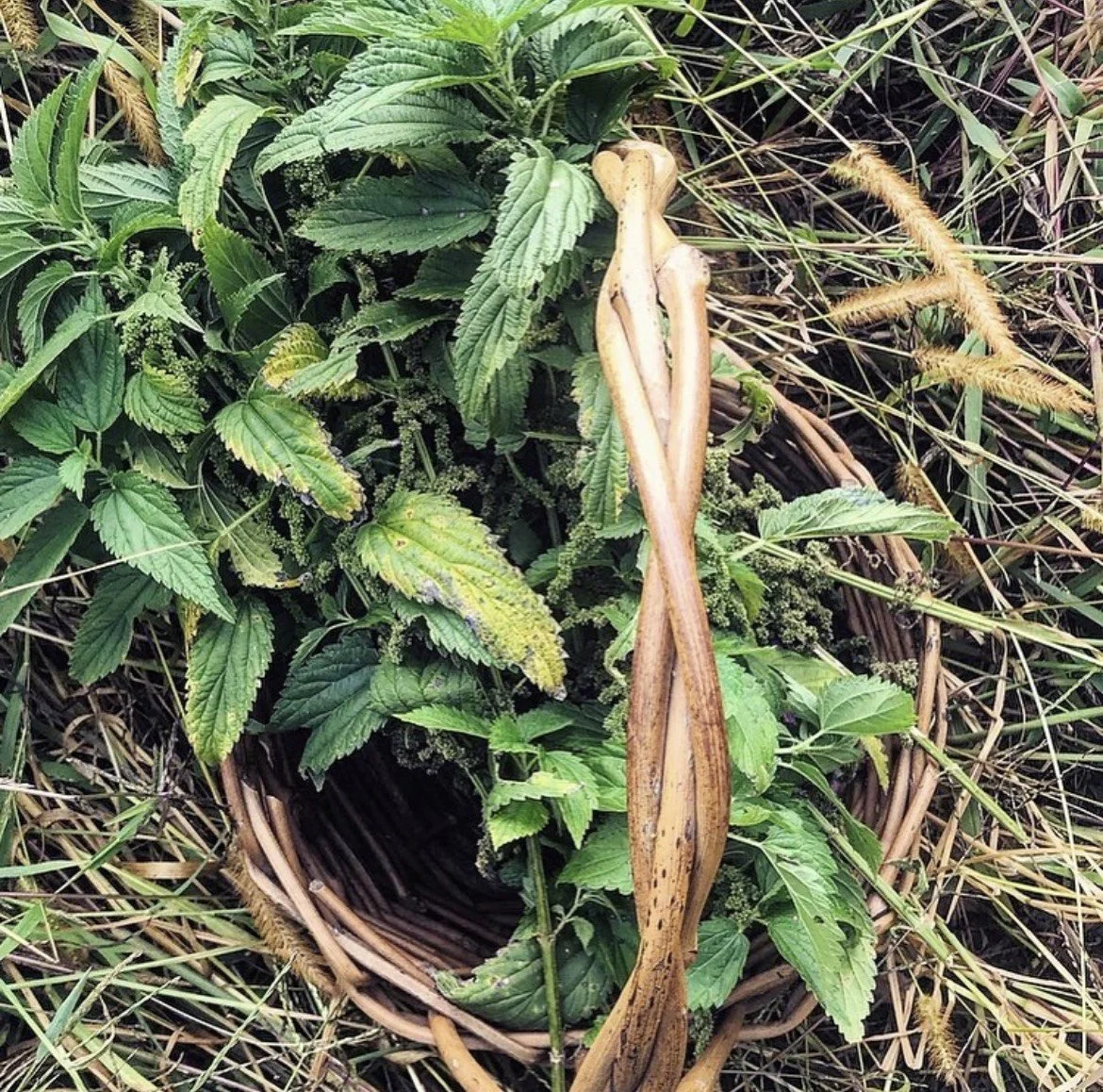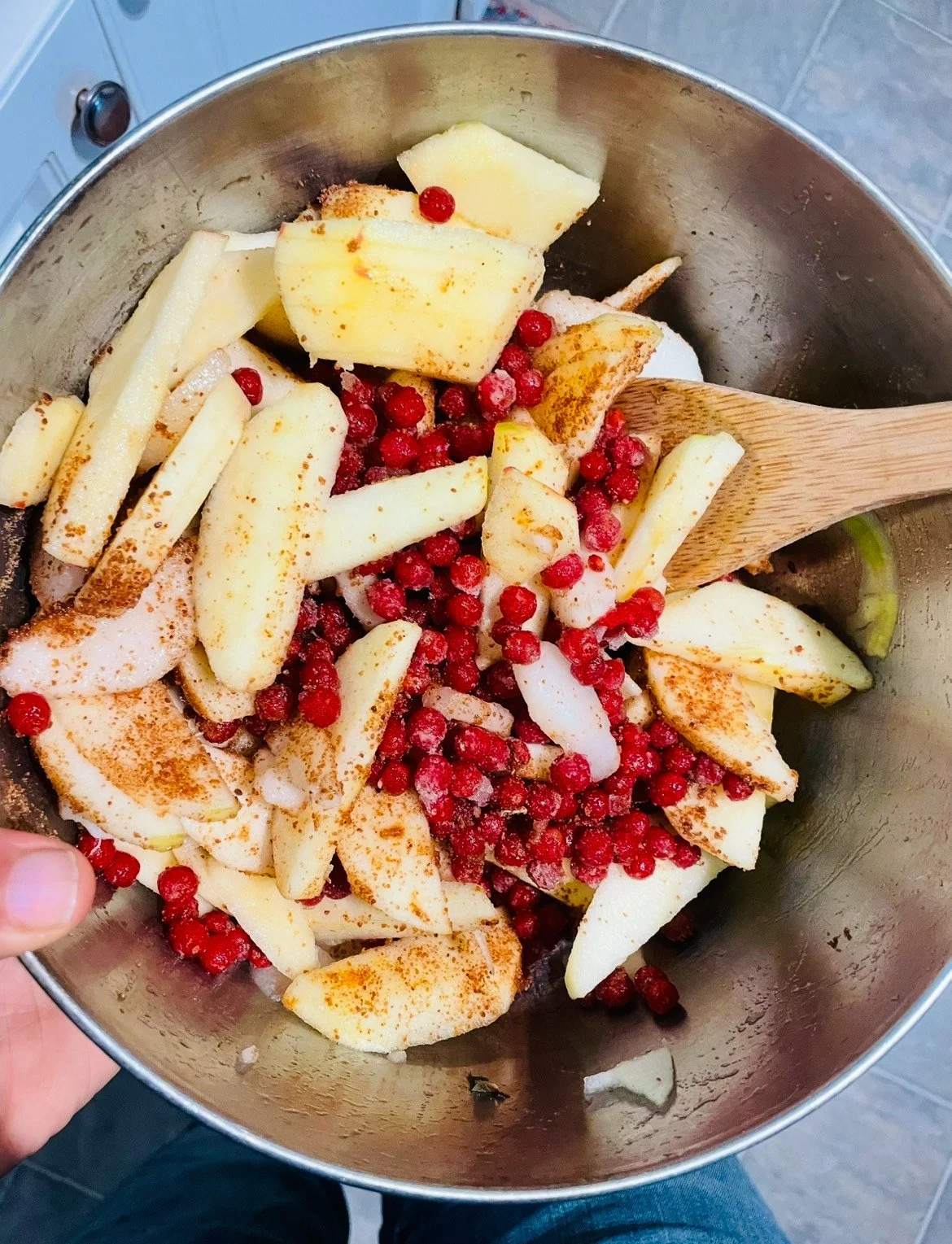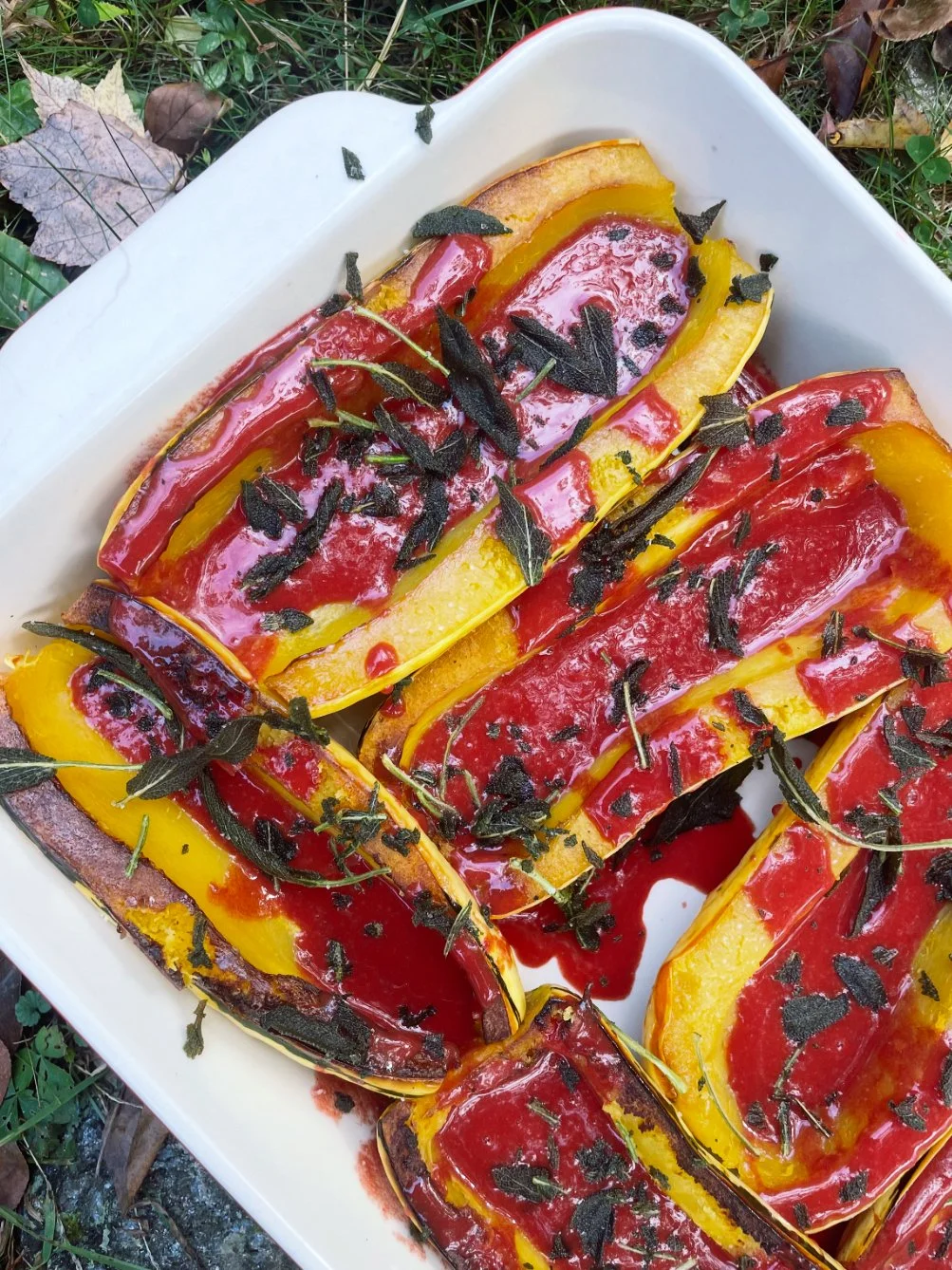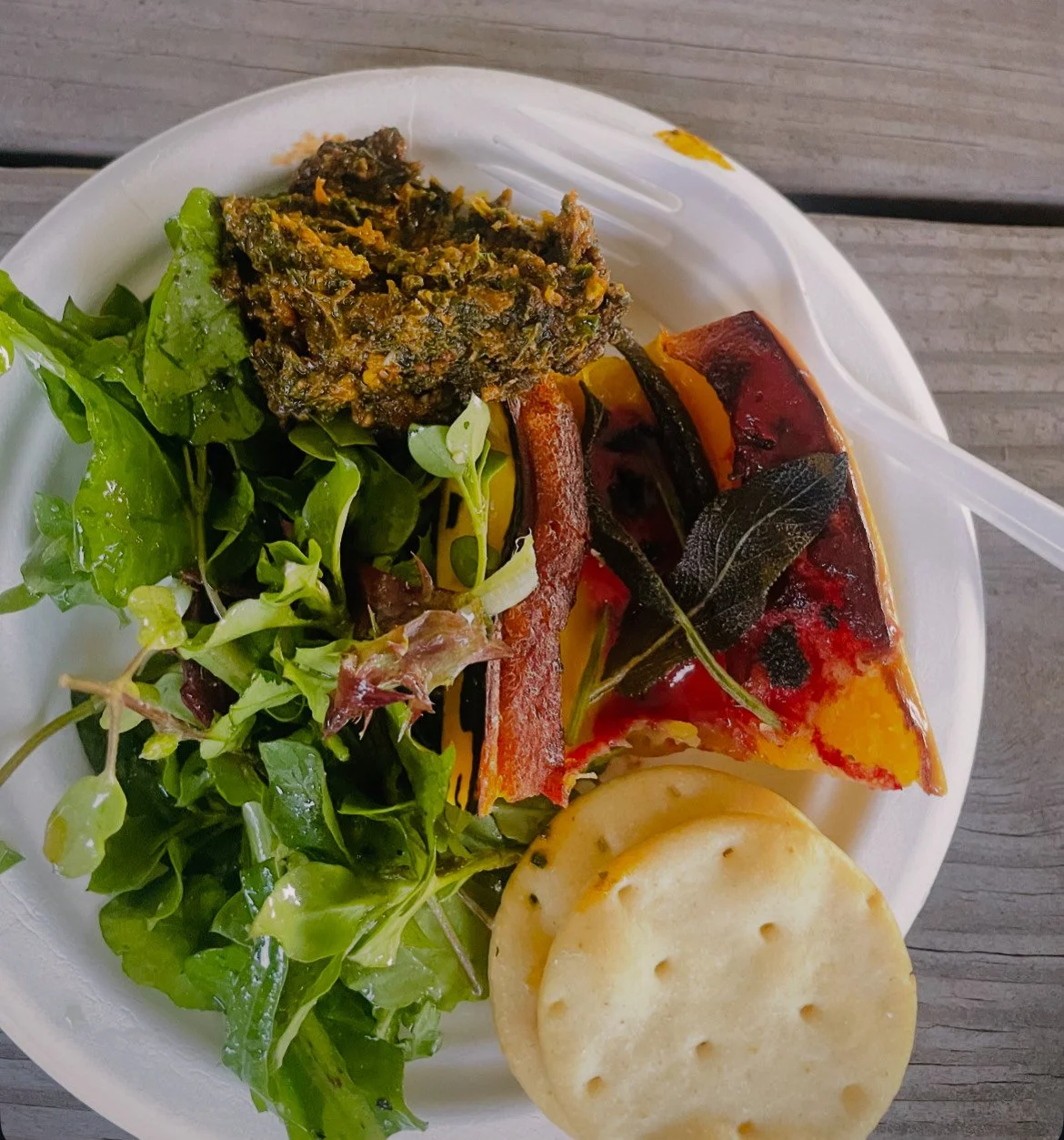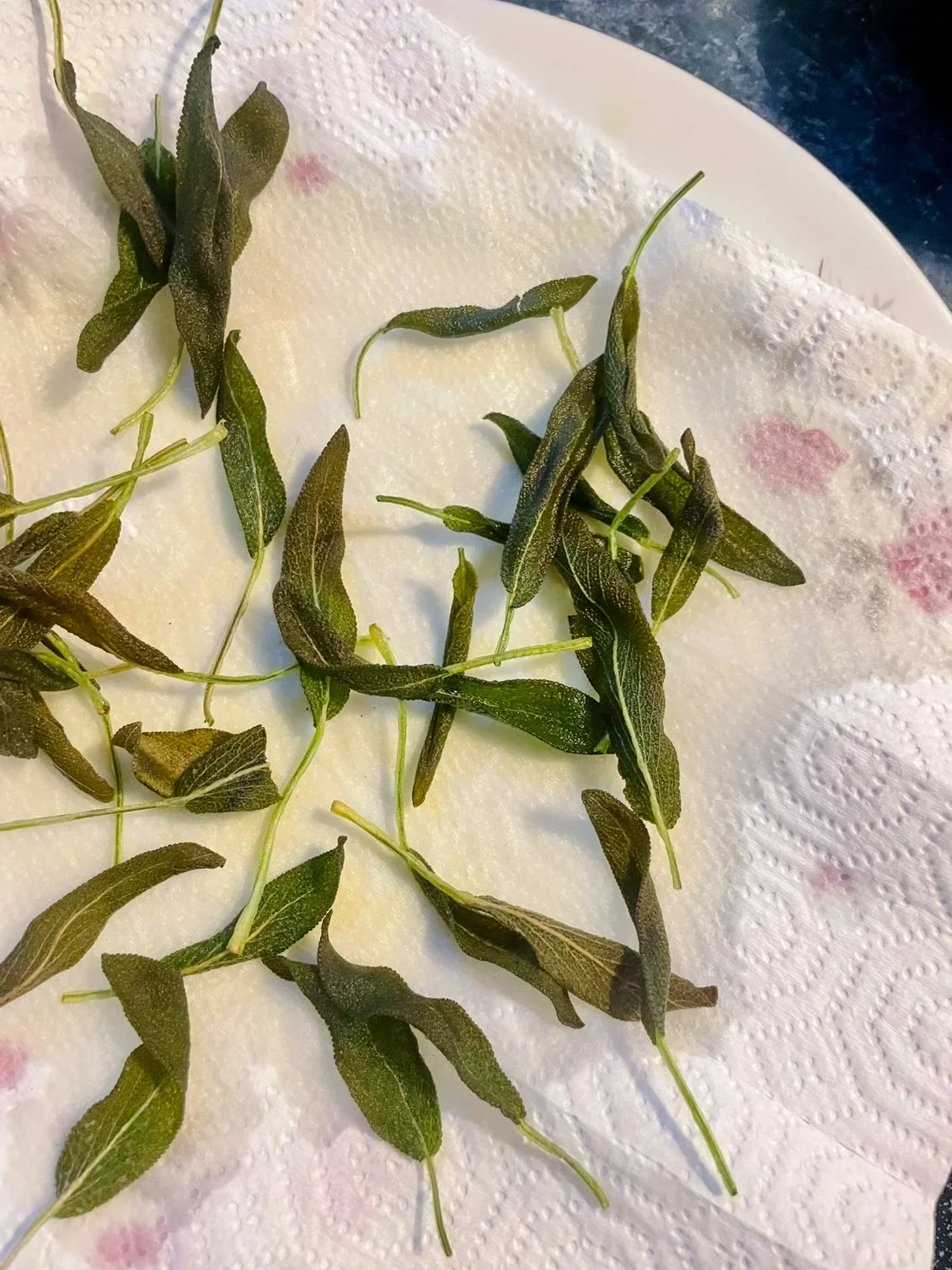Fall Foraging & Feasting: Seeds, Fruits, Roots, Barks & More
Rose Hips (Rosa multiflora)
The fall is an excellent season for foraging if you know what you’re looking for. It’s a season for collecting fruits, seeds, roots, barks, nuts, mushrooms, and even wild greens. I actually think of it as a “second spring” in the sense that many of our spring herbs, like Violet lf, Dandelion lf, Garlic Mustard, Chickweed, and more, revel in the cool and moist weather of the fall that’s so similar to the spring weather, in which these plants also thrive.
It's also a wonderful time to visit patches and plants you’ve harvested from during the growing season to wildtend, spread seeds, propagate the patch, and give gratitude and offerings.
Below you will find lists of some of my favorite herbs to forage in the fall, but this list isn’t exhaustive. Some of these plants are only found in the northeast and others are found throughout all of north America. As always, I encourage you to work with what’s abundant in your area and seek out bioregionally abundant herbs close to you and follow ethical harvesting practices!
And I also share the recipes I made for my “Fall Foraging & Wild Food Dishes” workshop I taught this past week at Just Roots Community Farm. These are all nut, gluten and dairy free to accommodate attendees dietary needs!
Enjoy and happy fall foraging & feasting!
Also, I’ve made our Fall Foraging class from our Viriditas Community FREE FOR ALL for the month of October!
Fall Foraging
White Pine needles, Rose Hips and Sassafras leaves
Barks + Tree Medicine
White Oak bark (Quercus alba)
Juniper needles (Juniperus communis, J. virginiana)
Witch Hazel bark (Hamamelis virginiana)
Gingko leaves (Gingko biloba)
Mulberry Leaf (Morus rubra, M. alba)
Hawthorn Berries
Berries & Fruits
Hawthorn berries (Crateagus monogyna, Crateagus spp)
Juniper berries (Juniperus communis, J. virginiana)
Barberry berries (Berberis vulgaris, B. thunbergii)
Cranberries (Vaccinium macrocarpon)
Crab apples & wild apples
Pears
Oyster mushrooms
Medicinal Mushrooms & Lichen
Oyster mushrooms (Pleurotus ostreatus)
Turkey Tail (Trametes versicolor)
Hen of the Woods/Maitake (Grifola frondosa)
Chicken of the Woods (Laetiporus sulphureus)
Lion’s Mane (Hericium erinaceus)
Birch Polypore (Fomitopsis betulina)
Usnea lichen (Usnea spp)
Evening Primrose Root
Roots
Chicory root (Cichorium intybus)
Wild Carrot/Queen Anne’s Lace root (Daucus carota)
Barberry root (Berberis vulgaris, B. thunbergii)
Japanese Knotweed root (Reynoutria japonica)
Garlic Mustard root (Alliaria petiolata)
Nettle root (Urtica dioica)
Nettle Seed
Seeds
Nettle seeds (Urtica dioica)
Yellow Dock seed (Rumex crispus, R. obtusifolius)
Evening Primrose seed (Oenothera biennis)
Wild Carrot/Queen Anne’s Lace seed (Daucus carota)
Lamb’s Quarters seed (Chenopodium album)
Plantain seed (Plantago major, P. rugelii, P. lanceolata)
Pepperweed seed (Lepidium virginicum)
Burdock seed (Articum lappa)
Pigweed/Wild Amaranth (Amaranthus retroflexus)
Students sitting with fall Chickweed
Flowers & Leaves
Goldenrod flowering tops + leaves (Solidego canadensis)
Mugwort flowering tops (Artemisia vulgaris)
Mullein lf (Verbascum Thapsus)
Cleavers herb (Gallium aparine)
Chickweed herb (Stellaria media)
Chicory lf (Cichorium intybus)
Red Clover blossoms (Trifolium pratense)
Raspberry lf (Rubus ideas, R. occidentalis)
Self Heal flowering tops (Prunella vulgaris)
Fall Feasting
These are the recipes for the dishes I made for my “Fall Foraging & Wild Food Dishes” workshop I taught this past week at Just Roots Community Farm. We feasted! And these are all nut, gluten and dairy free to accommodate attendees dietary needs!
Spiced Autumn Olive, Apple & Pear Bake
Combining the autumn olive, apples, pears and coconut sugar
Ingredients:
5 cups apples and pears, peeled and sliced thin
2 cups autumn olives
1/3 c coconut sugar
5 tbsp coconut oil, melted
2 tbsp maple syrup
1/4 tsp sea salt
1 tsp cinnamon pwd
1/4 tsp ginger pwd
1/4 tsp cardamom pwd
1/4 tsp nutmeg pwd
Directions:
1. Mix the fruit + sugar, set aside
2. In a small saucepan, melt the coconut oil, maple syrup, salt and spices
3. Mix the coconut oil and spice blend with the fruit
4. Put it all into a small baking dish and cook at 300 degrees for 1 hr
Roasted Delicata Squash with Autumn Olive Coulis & Crisped Sage Leaves
Looks kinda weird but truly tastes amazing!
Ingredients:
4 delicata squash
30 fresh garden sage leaves
1 cup autumn olive
1/4 c sugar
1 tbsp lemon juice
flaky sea salt
olive oil
Directions:
1. Slice the squash in half lengthwise. Scoop out the seeds and place on a baking tray. Drizzle in olive oil and bake for 20-30 min at 400 degrees, until soft
2. While they’re cooking, make the coulis- combine the autumn olives, sugar and lemon juice in a small sauce pan. Simmer on medium low for about 5-8 minutes until the berries break down
3. Transfer to a food processor and blend to make a puree
4. Strain through a mesh strainer to strain out the seeds. Set the de-seeded puree, the coulis, aside
5. Crisp the garden sage leave. Gather dry sage leaves. Warm the oil for a few minutes then add the sage leaves. They will be ready in about 10-30 seconds. Watch closely so they don’t burn. You are going for crisped and slightly browned.
6. Remove with a slotted spoon and let drain on a paper towel on a plate. Sprinkle liberally with a flaky sea salt
7. Once the delicata is done, drizzle with the coulis and top with the crisped sage leaf
Enjoy!
Fall-gathered Dandelion greens
Dandelion Leaf & Sun-Dried Tomato Pesto
Ingredients:
3 c fresh dandelion leaves
1 c fresh basil leaves
2 cloves garlic
4 tbsp sunflower seeds
1/4 c nutritional yeast
1/2 c sun-dried tomato
1/2 c olive oil
1/2 tsp sea salt
Directions:
1. Wash the dandelion leaves
2. Combine all the ingredients in a food processor and blend for a minute or so until smooth
3. Taste and add more olive oil and salt if-needed
4. Store refrigerated or freeze for future use
Wild Salad with Raspberry Leaf Vinegarette
A little plate from our feast! Wild salad, dandy greens + sun-dried tomato pesto + delicata squash with autumn olive coulis and crisped sage
Salad Ingredients:
2 c mixed mesclun greens
1 c dandelion leaves
1 c chickweed herb
Raspberry Leaf Vinaigrette:
1/2 c olive oil
1/4 c raspberry leaf-infused vinegar
1 tsp raw honey
1 tsp Dijon mustard
salt + fresh-cracked black pepper
Directions:
1. Whisk together the dressing ingredients and set aside
2. Combine the mesclun greens, dandelion greens and chickweed in a salad bowl
3. Dress with the vinegar and enjoy!
Rose Hip, Apple & Spice Bush Leaf Tea
Fall spice bush leaves, rose hips and dandelion leaves
Ingredients:
1 tbsp fresh Apple, peeled and finely minced
3 tbsp fresh Spice Bush leaves (Lindera benzoin), minced or 1 tbsp, dried*
3 tbsp fresh Rose Hips or 1 tbsp dried, whole or hulled (do not crush)
4 cups water
Directions:
1. Add the rose hips to the pan and simmer for 15-20 min
2. Add the apple and continue to simmer for another 5-10 min
3. Add the spice bush leaves, cover and remove for heat
4. Let steep another 10 min or longer. Strain and serve!
*Spice bush is a native woodland understory shrub that is not super a abundant in our region. To sustainably harvest, gather the fall leaves once they are yellow but are still clinging to the trees. They are still lovely and super aromatic at this stage!
Take care all and happy foraging and feasting this fall!
Looking to learn more about our bioregionally abundant medicinals?
Our 9-month apprenticeship in bioregional herbalism, From the Roots Up, is now OPEN for registration for 2026!
